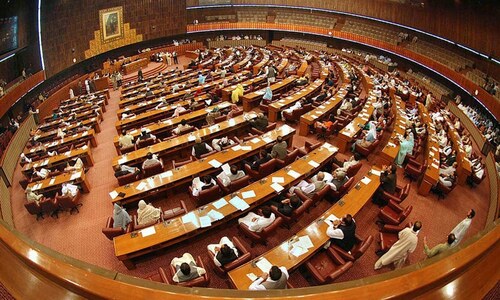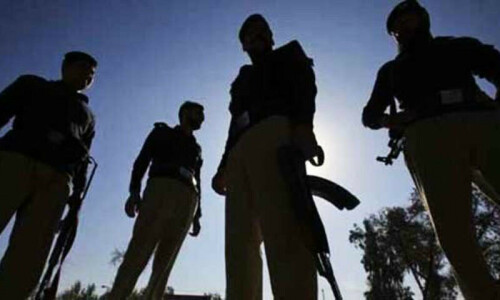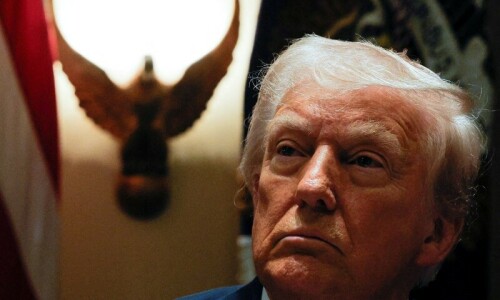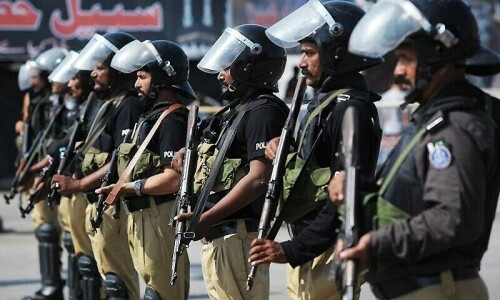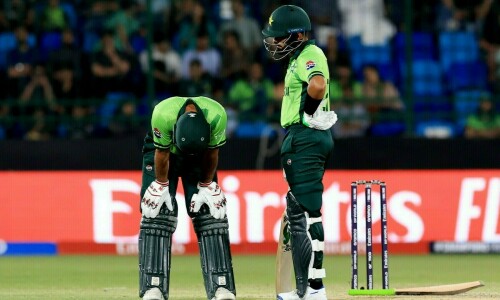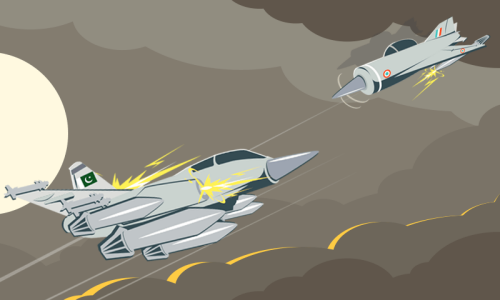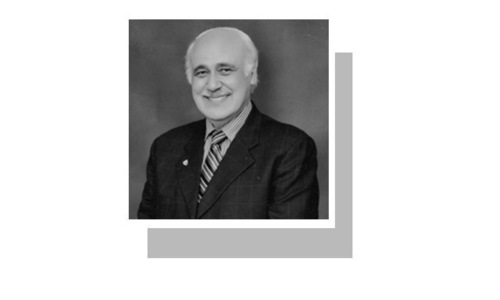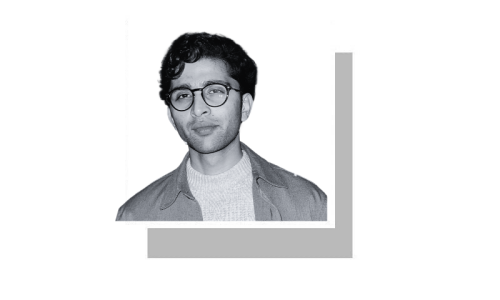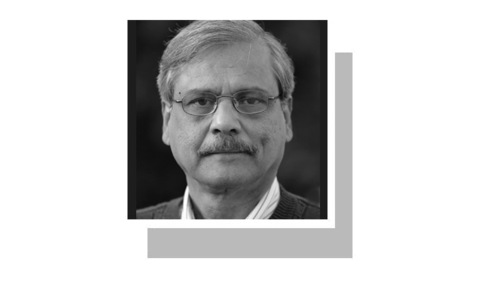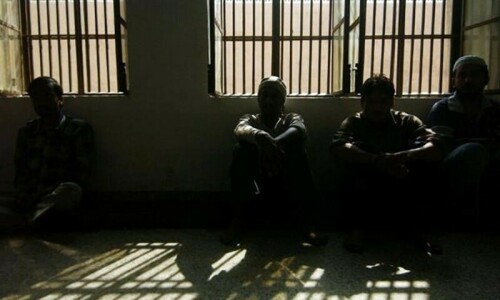THE shelf life of a civilian government in Pakistan is generally three and half years. It is rare for any prime minister to have crossed that mark. Most prime ministers have been removed either through extra-constitutional or extra-parliamentary means; two have been ousted by judicial action. But there has not been any instance of a prime minister having been removed through a vote of no-confidence.
Could the pattern change as Prime Minister Imran Khan braces himself for the opposition’s no-confidence move? The odds are certainly stacked against him with large-scale defections from the ruling party’s ranks and the allies weighing their options.
However, the endgame of the ongoing power struggle is still not clear. The battle has already gone beyond parliament. The venue has now been shifted, with the Supreme Court having been involved as arbiter in the dispute over the defection rule. Meanwhile, the recent attack on Sindh House in Islamabad and the increasingly aggressive tenor of the prime minister and his cabinet ministers have heightened tensions.
The most important aspect of this power game is which side gets the establishment’s support.
Although the speaker has finally called the National Assembly session on March 25, it is not clear if the voting will take place within the time frame stipulated by the Constitution. Whatever the ruling of the apex court may be, it is not going to end the crisis. With the government on the warpath, there seems little hope of the no-confidence vote going smoothly. The stand-off is getting messier, raising the danger of extra-parliamentary action being invoked.
Red Zone Files: All set for a collision course
The unfolding power struggle has brought to the surface the fault lines that have plagued our democratic political process. While parliament has increasingly become dysfunctional, the country has moved towards authoritarianism. The politics of populism has weakened democratic institutions.
With its complete reliance on the security establishment’s support, the PTI government has never believed in parliament. Its contempt for elected institutions is evident. The delay in summoning the Assembly session is evidence of that mindset. The decision of the security establishment to stay out of the fray has worsened the government’s vulnerability.
The prime minister’s call for a show of strength during the Assembly session is a desperate move to bring elected members under pressure. It reminds one of Donald Trump inciting his supporters to march on the Capitol to prevent the transition after his election defeat. The prime minister and his supporters are visibly angry at what is described as the ‘neutrality’ of the security establishment.
His remarks at a recent public rally that no one should remain neutral in what he describes as a conflict between ‘good and evil’, and that only animals are neutral, indicate his growing frustration at having to fight his own battles now. The rhetoric also exposes the prime minister’s arrogance and sense of self-righteousness.
The military is constitutionally bound to stay out of politics. But unfortunately, that has not been the case. The security establishment has remained a dominant political force in the country, thus weakening the democratic political process. It is also a fact that the military has been the pivot that has provided the government some semblance of stability. The establishment may have pulled back from supporting the Imran Khan government but that doesn’t mean it is completely out of the political game.
In fact, it has been a political decision on its part to pull the plug. The move has led to the collapse of the coalition and encouraged the defection of party MNAs. The so-called neutrality was a signal to the joint opposition to move the no-confidence motion. It proved those right who envisaged the fall of the PTI government once the pivot was gone.
It is not surprising that the opposition’s anti-establishment rhetoric has now completely disappeared as PTI supporters cry betrayal. This has been the story of Pakistani politics, with each political crisis strengthening the military’s role as the final arbiter in the country’s politics. The game is not over yet with the widening of the fault lines in the system.
The overnight changing of loyalties and horse-trading have long been part of the power struggle that makes democracy a farce in this country. What is happening now is the latest episode in Pakistan’s political soap opera, with familiar characters though with some of them remaining invisible. The most important aspect of this power game is which side gets the establishment’s support. There is no indication that this culture will change with the shift of the power matrix.
It is obvious that Imran Khan will not accept the outcome of the no-confidence motion against him. The presidential reference in the Supreme Court on a constitutional matter that should have been resolved in parliament shows the increasing irrelevance of the elected institution.
Read more: PTI will try to cling to power for as long as it can
It may not be for the first time that a constitutional matter has landed in the apex judiciary, but there is now an increasing tendency to fight political battles outside parliament. The Supreme Court’s directive to not hold public rallies outside parliament during the coming session may not stop the planned show of political muscle by the rival groups at other venues in the capital, and will not help ease the stand-off between the government and opposition.
The raid on Sindh House in Islamabad and protests outside the homes of the defectors by PTI supporters is alarming. The prime minister’s statement defending the reaction of his partymen will encourage violence. It has made the situation volatile. It is in the interest of his party to fight the battle inside parliament rather than taking it to the streets. It is unprecedented for a ruling party to resort to agitation, fuelling instability in the country.
It is time for the prime minister and his party to examine where they have gone wrong. Hiding behind conspiracy theories won’t help them salvage the situation. It remains extremely unlikely that the prime minister can hold on to power as the endgame approaches.
The writer is an author and journalist.
Twitter: @hidhussain
Published in Dawn, March 23rd, 2022




